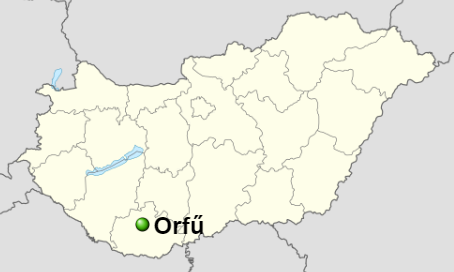The bill, please!
When you have finished your meal in a restaurant, and you want to pay, you say "he bill, please" in English. Although it is possible to say this in Hungarian too, we normally say the Hungarian equivalent of "excuse me, I'd like to pay". Let's see these words.
- elnézést = ecxuse me
- fizetni = to pay
- szeretnék = I'd like to
so the full sentence is
- Elnézést, fizetni szeretnék.
In general, if you want to call the waiter, you raise your hand and say elnézést, or legyen szíves ("please", formal).
When you pay, the waiter may ask you if you want to pay by card or in cash. In Hungarian: kártya vagy készpénz ("card or cash")? In Hungarian, we use the Hungarian equivalent of with in both cases, which is the -val/vel suffix.
By card
If you want to say that you'll pay by card, first you take the noun and the suffix:
- kártya + val
Here we choose -val, because of the vowel harmony rule (-vel does not match the vowels a and á in kártya). Now, we apply a rule, which says that the word final -a will become -á when a suffix is attached. Thus:
- kártya + val ⇒ kártyával
In cash
Again, we take the noun and the suffix:
- készpénz + vel
Now, we choose -vel, because it harmonizes with the vowels of készpénz. Then we apply another rule, which says that if we add the -val/vel suffix to a noun, which ends in a consonant, the v of -val/vel will change to that consonant. Therefore:
- készpénz + vel ⇒ készpénzzel
So, in this situation you may say kártyával fizetek or készpénzzel fizetek.
- fizetek = I pay
@hunpron #restaurant #pay #bill #hungary #hungarian #magyar
♬ original sound - Hungarian Pronunciation
